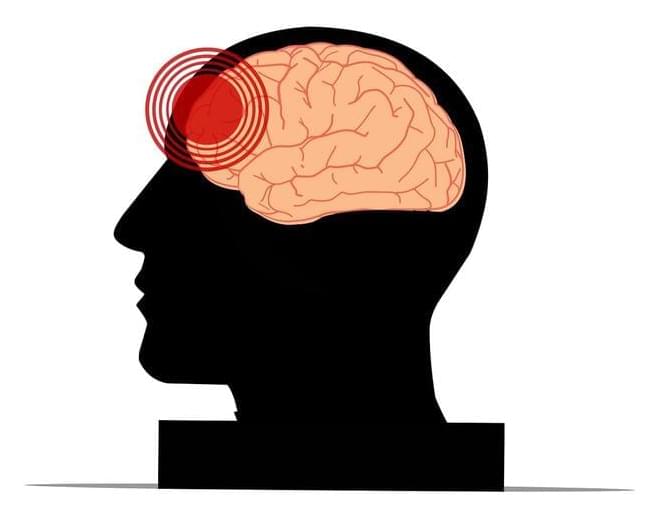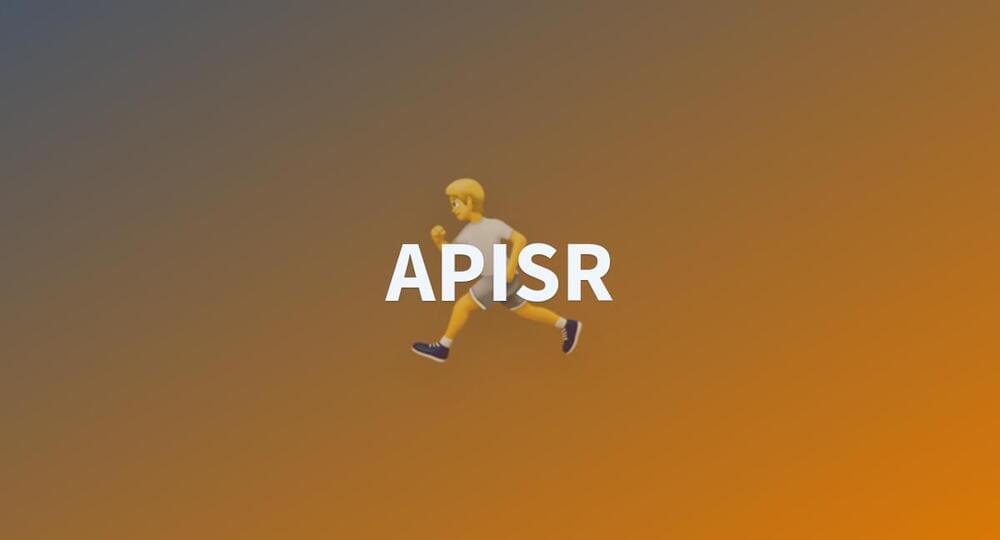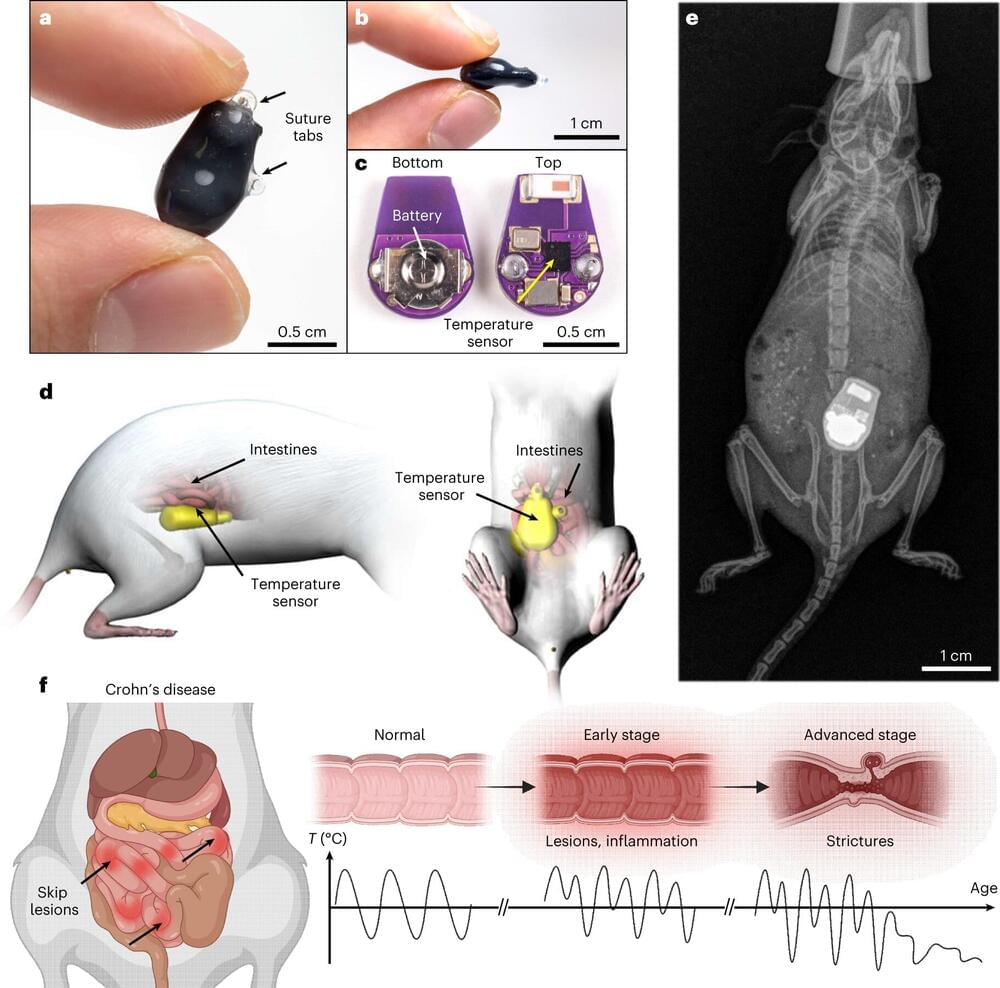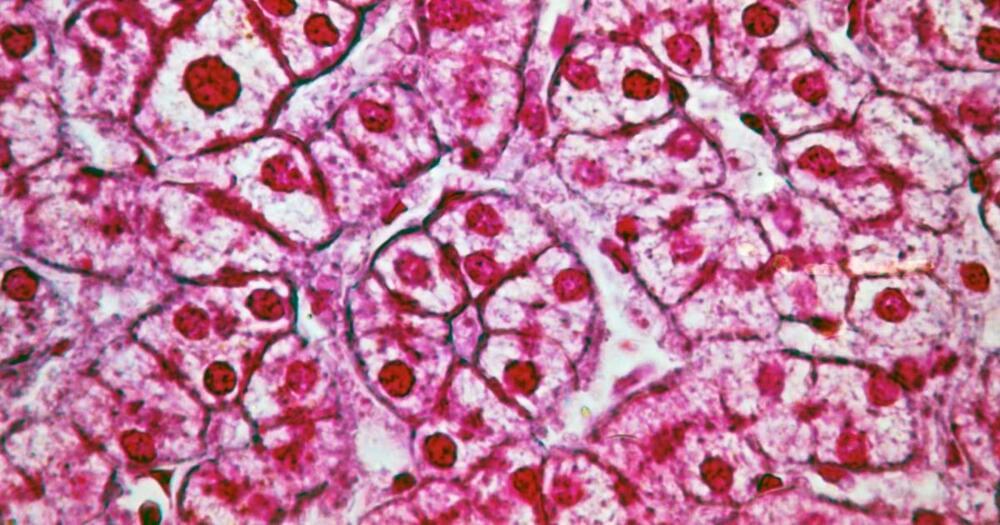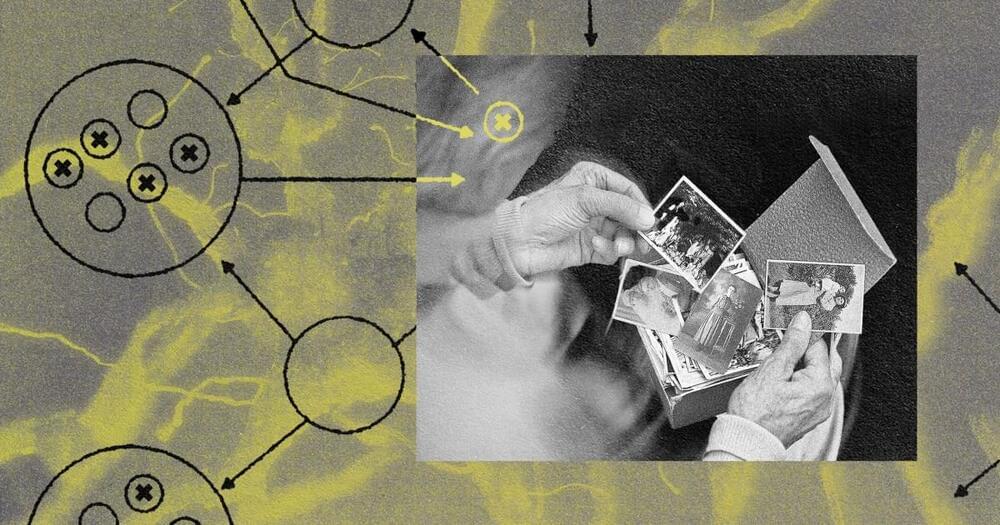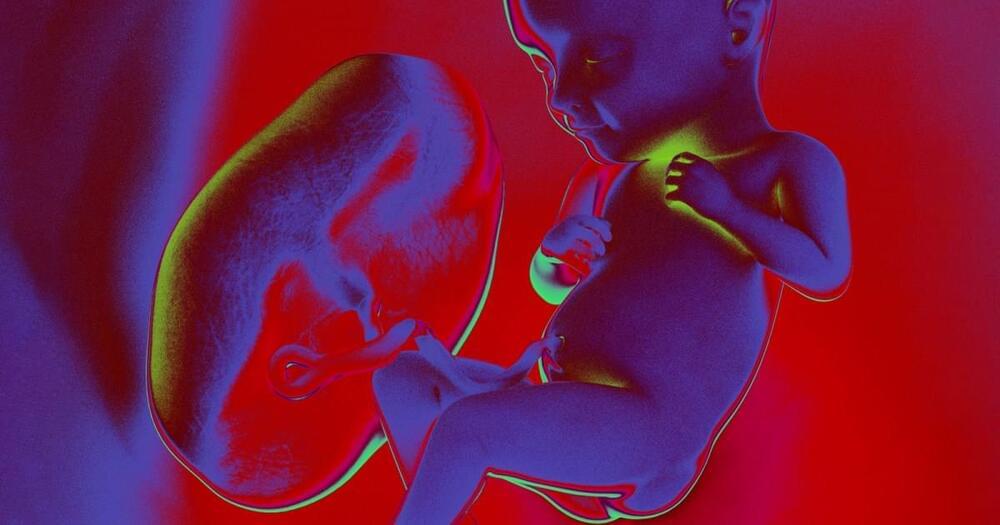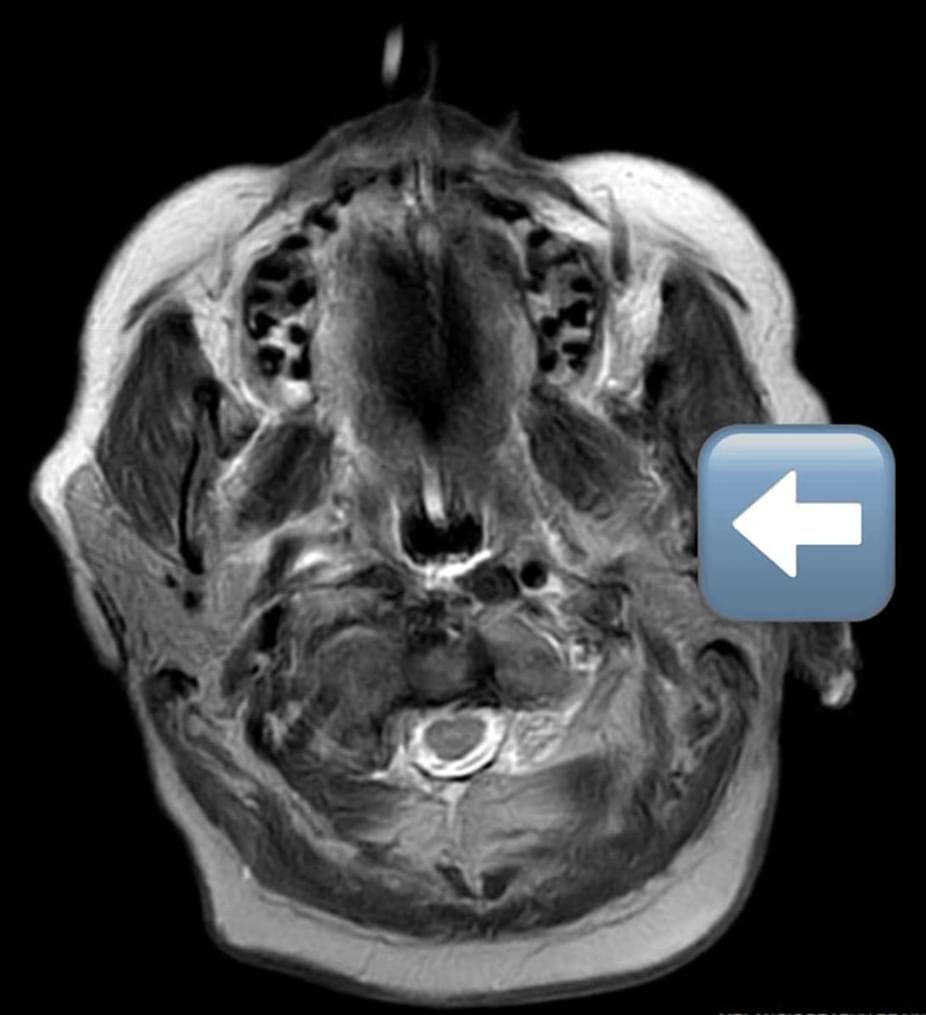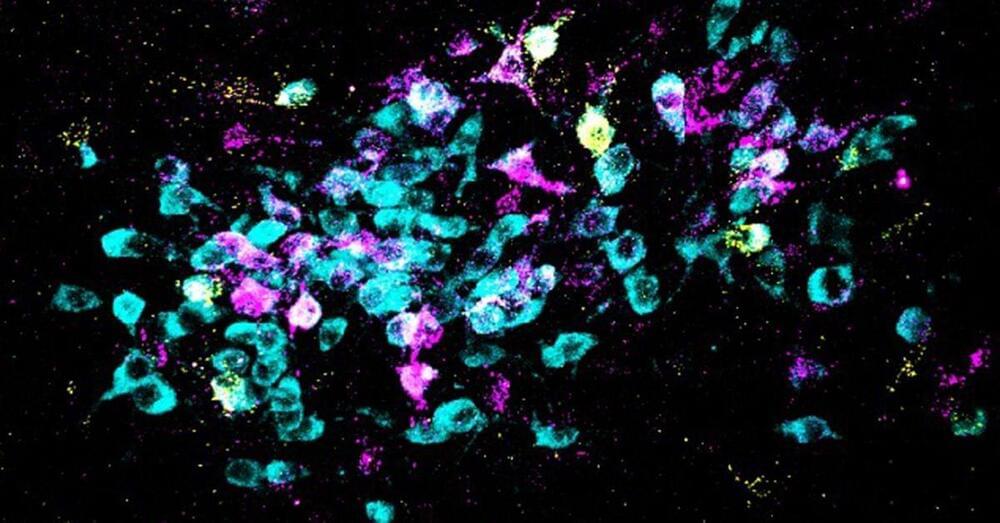Mar 19, 2024
Researchers find branched chain amino acid supplementation may aid in concussion recovery
Posted by Shubham Ghosh Roy in categories: biotech/medical, neuroscience
In the first clinical trial of a targeted pharmacologic therapeutic for mild traumatic brain injury in pediatric patients, scientists from the Minds Matter Concussion Frontier Program at Children’s Hospital of Philadelphia (CHOP) have found preliminary evidence that adolescents and young adults with concussion who take a specific formulation of branched-chain amino acid (BCAA) supplements after injury experience faster symptom reduction and return to physical activity.
